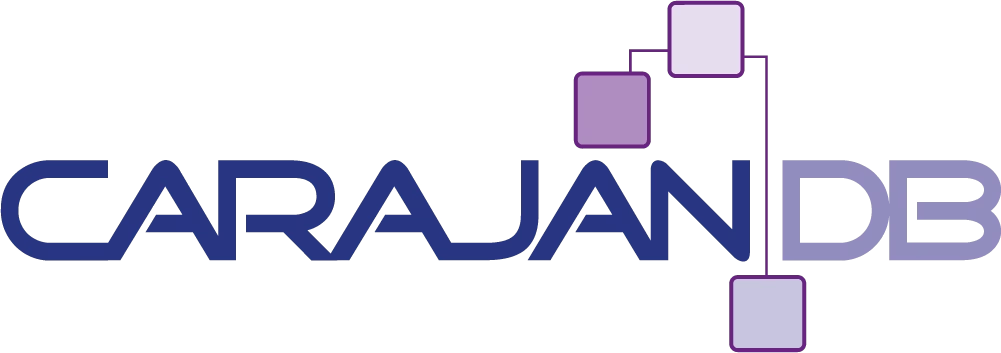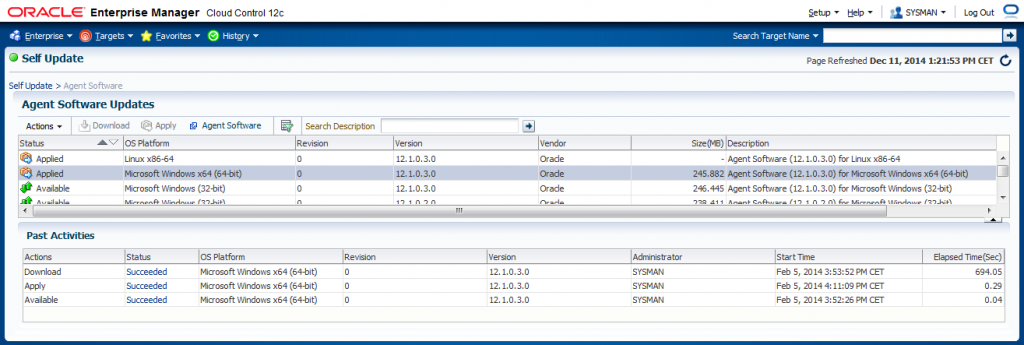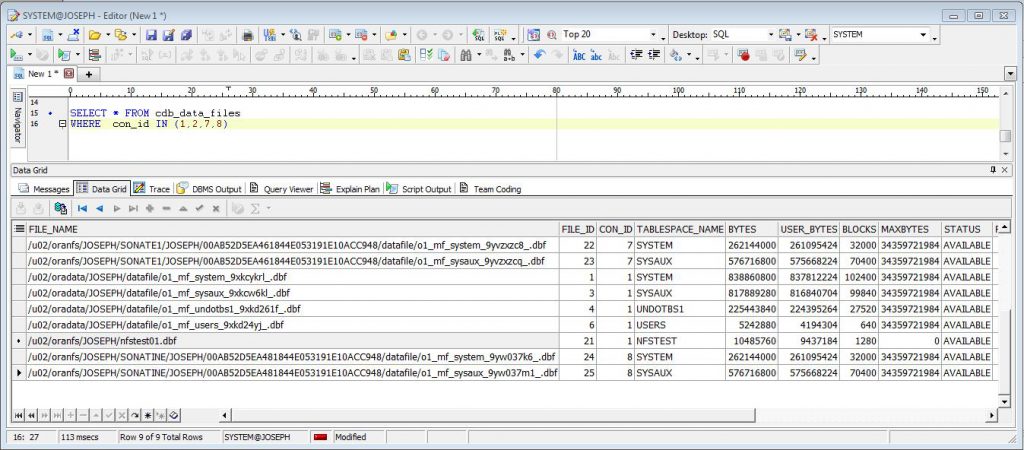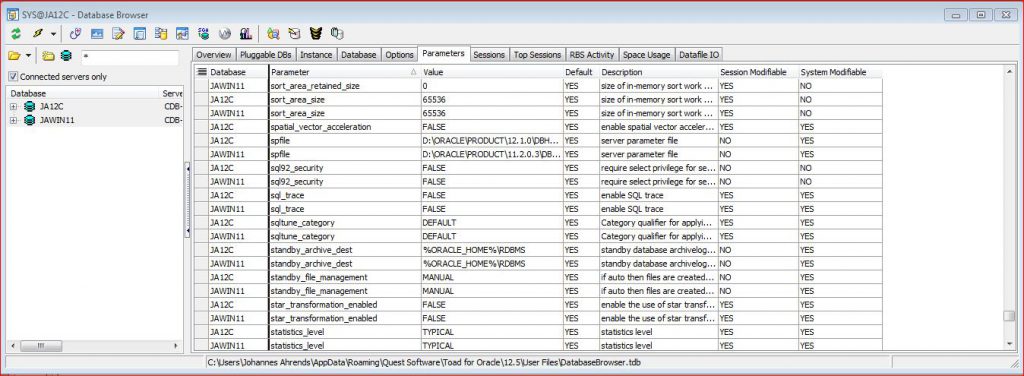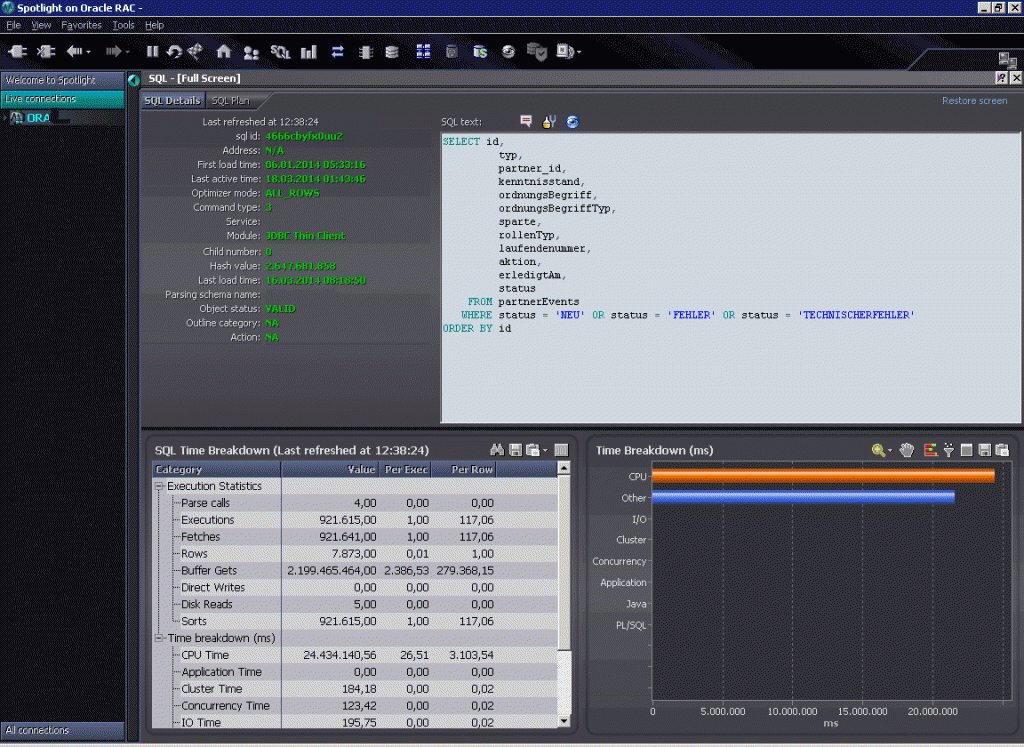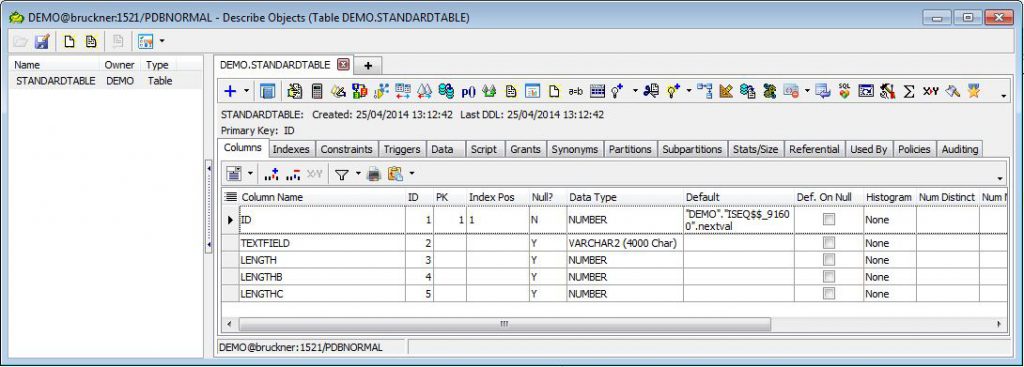OEM 12c Agent Deploy on Windows – no problem without Cygwin!
Right now the version for how to deploy the Agent on Windows without Cygwin. As I mentioned in my post “OEM 12c Agent Deoploy on Windows – no problem with Cygwin!” before, there are several and good reasons to look closer into Cygwin. The following Solution, I call it the dirty way, isn’t probably feasible for long-term deployment of several machines, but if it’s you choise, you’re welcome.
OEM 12c Agent Deploy on Windows – no problem without Cygwin! Blogbeitrag lesen »
